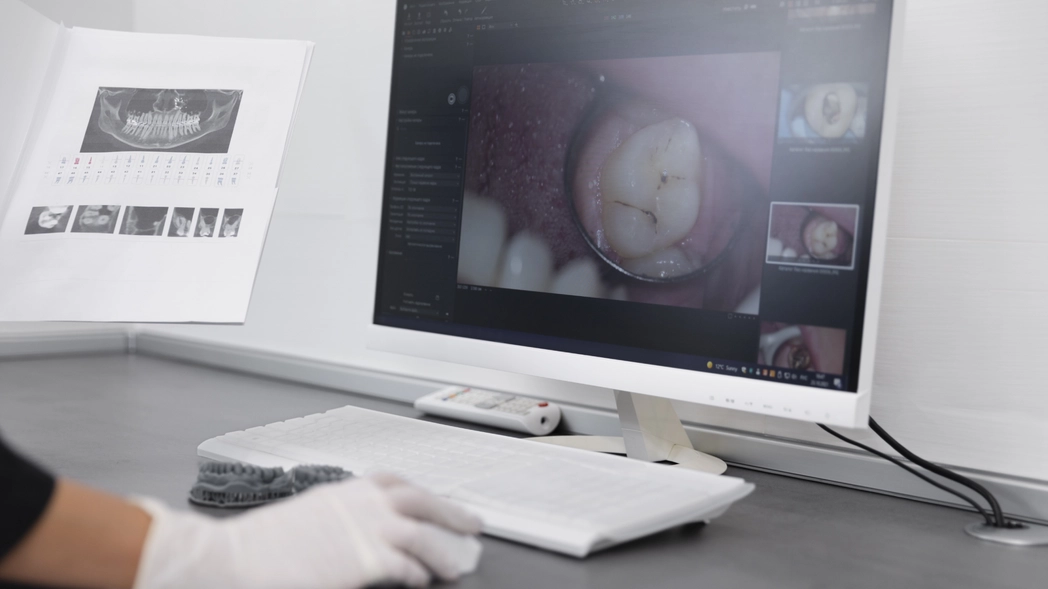Implantation is one of the most popular dental operations due to its effectiveness – patients can just replace the problematic tooth with an artificial analog that will serve them for decades.
According to the Harvard School of Dental Medicine estimates, 23% of the US population will have at least one dental implant by 2026, compared to 5.7% in 2015. The same tendencies are also traced in other regions; thus, according to the Journal of Dentistry, about 6 million implants are sold in Europe annually.
Not that easy
Still, standard implantation is unavailable sometimes, as this operation requires a strong and healthy jawbone – if a patient experiences bone loss due to aging, inflammation, infection aggravation, etc., you must choose alternative options.
In a recent interview, Dr. Erik Harriman, an experienced oral surgeon from Maine Oral Surgery & Dental Implant Center, shared a list of technologies that you should probably include in your practice's toolset:
- Zygomatic implants may be additionally anchored into the cheekbone, which is an especially effective option in case of severe bone loss.
- Mini implants – special tools with a smaller size that require less invasive intervention.
- Subperiosteal implants are placed on the top of the jawbone but underneath the gum tissue, which may be a solution for patients with severe bone loss who cannot pass the standard implantation.
Importance of proper cooperation
Even if your clinic has all the tools required to perform these specific types of implantation, you first need to obtain patient consent. Many of your customers will experience dental anxiety in mild or more severe form, so there is no guarantee that they will just say "yes" after you offer them an operation.
In that case, you need to explain why the implantation is necessary for dental health, how this procedure will benefit the patient's life, and why it's not as scary as it may seem. In our recent guides, we explained this topic in detail:




